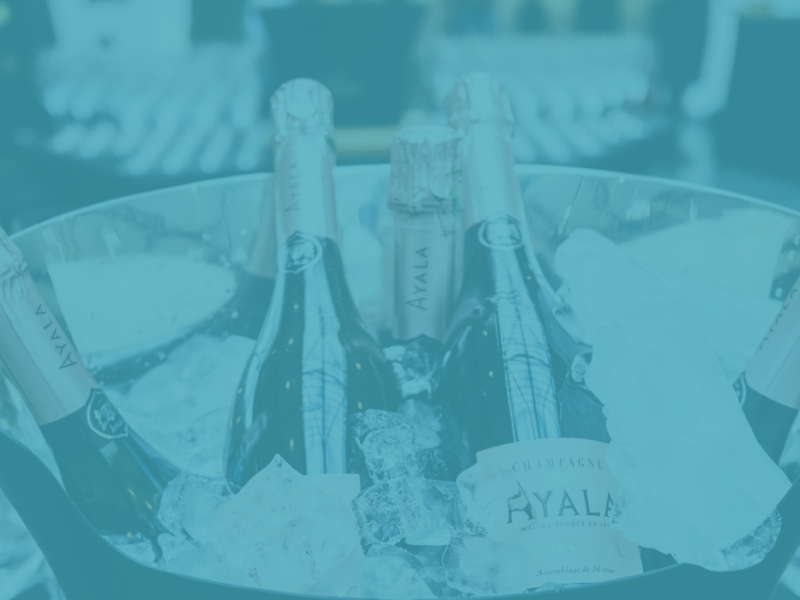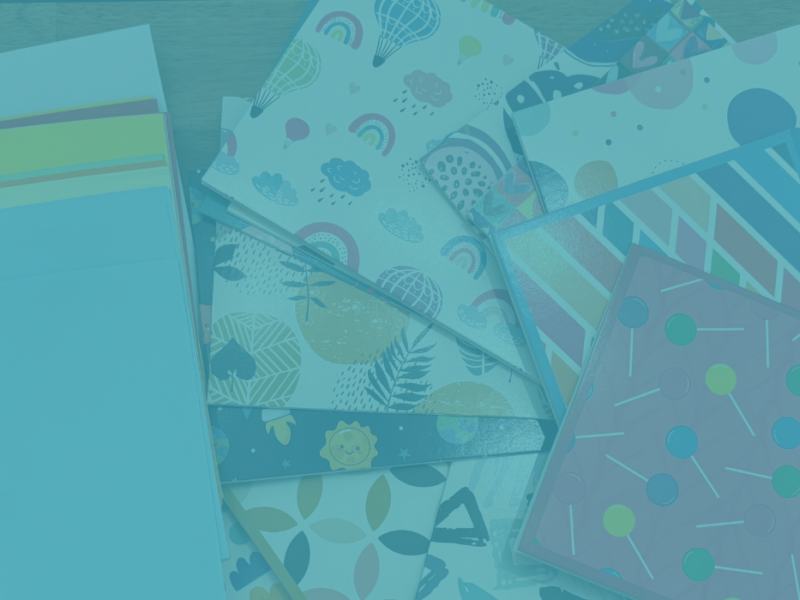
Will Write For Food & The Value Of Lifelong Learning
In the early days of my blogging, I was jealously happily watching the live tweets from Alice Currah, who was attending the 2010 International Food Blogging Conference (IFBC) in Seattle.
One of her tweets said something to the effect of, “Will Write for Food is one of the best/only food writing books.”
It felt serendipitous at the time! Although in retrospect, I believe I’d been in great need of always wanted a book to better my writing, it’s just that I didn’t realize there was one out there so specific to the type of writing that interested me. I ordered it within minutes of reading Alice’s tweet, which is a testament to both the IFBC, and to Alice.
If you’re a writer and/or blogger who even sometimes creates works about food, recipes, or the like, read the book. READ. IT.

Dianne Jacob has written Will Write for Food in such a way that you can pick and choose the chapters that interest you (“Becoming a Successful Freelance Writer” and “Memoir and Nonfiction Food Writing,” for example) without missing any important content from the others. Although, I found myself easily breezing through each chapter (not skipping a one) gleaning something useful EVEN if it may never be something I use to its fullest.
It’s truly “The Complete Guide to Writing Cookbooks, Restaurant Reviews, Articles, Memoir, Fiction, and More…,” as Dianne promises on the front cover. And, believe it or not, she’s right about something else too: if you want to get into food writing, there really aren’t very many options in the “book world” to help—so kudos to Dianne for writing the handbook, so to speak.
If you’ve been a long time reader of my food writing on the blog and otherwise, you may have noticed the style change between 2010 and 2011, as I worked my way through Dianne’s writing exercises.
It was like being back in a university English course, and in a good way. Having some structure and growth with my writing was refreshing, and it was also nice to be challenged to write better, more descriptive, especially when it’s about food! Dianne (and Alice and IFBC) provided guidance I didn’t realize I was looking for until I stumbled upon it!
But, what if writing isn’t your thing?

As adults there’s value in creating an environment of lifelong learning. It keeps our brains strong and engaged, and it models great behavior for our kids. Maybe your “writing” is picking a new hobby in the form of woodworking, design, photography, cooking, or serving on a local board.
The point is, try new things and give yourself the opportunity to learn more as a grown-up. Self-study by finding books on a specific topic, like I did. Take an online course on a fun subject. Or, check out your local community college for inexpensive, non-credit (or for credit!) courses in something—anything!—that sounds interesting.
Likely you’ll find that as an adult, the idea of taking a class to learn something new because you want to, not because you have to, is both refreshing and exciting!







